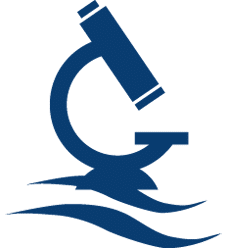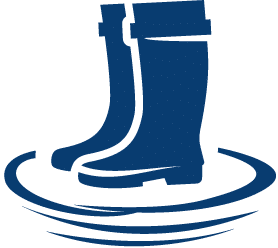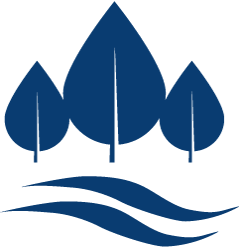Since 1967, Stroud Water Research Center has focused on one thing — fresh water.
We advance knowledge and stewardship of freshwater systems through global research, education, and watershed restoration.
What We Do
Support Our Work
Latest News

Acclimation of stream-bed heterotrophic microflora: metabolic responses to dissolved organic matter

Phosphorus spiralling in a woodland stream: seasonal variations
Featured Initiatives and Partnerships
WikiWatershed® web tools offer watershed data visualization, geospatial analysis capabilities, and science-based predictions of human impacts on stormwater runoff and water quality.
The Water Quality mobile app is a water-monitoring data-collection and learning tool designed for use by educators and their students, citizen scientists, and researchers.
EnviroDIY™ is a community where members ask and answer questions and network within interest groups to develop do-it-yourself environmental science and monitoring devices.
The Society for Freshwater Science Taxonomic Certification Program ensures skilled persons are providing aquatic invertebrate identifications in North America.
The Leaf Pack Network® is an international network of teachers, students, and citizen monitors using a simple experiment to determine the health of their local streams.
The Consortium for Scientific Assistance to Watersheds provides free technical assistance to Pennsylvania-based watershed and conservation organizations.
Upcoming Events
Mapping MWEEs in Pennsylvania’s STEELS Standards
October 28, 9:00 AM – 3:30 PM EDTHealthy Streams Through an Ecosystem Lens
November 12, 6:30 PM – 7:30 PM ESTExtraGive Celebration at Thistle Finch Distillery
November 22, 6:00 PM – 9:00 PM ESTWild & Scenic Film Festival
March 20, 2025, 6:00 PM – 9:00 PM EDT





